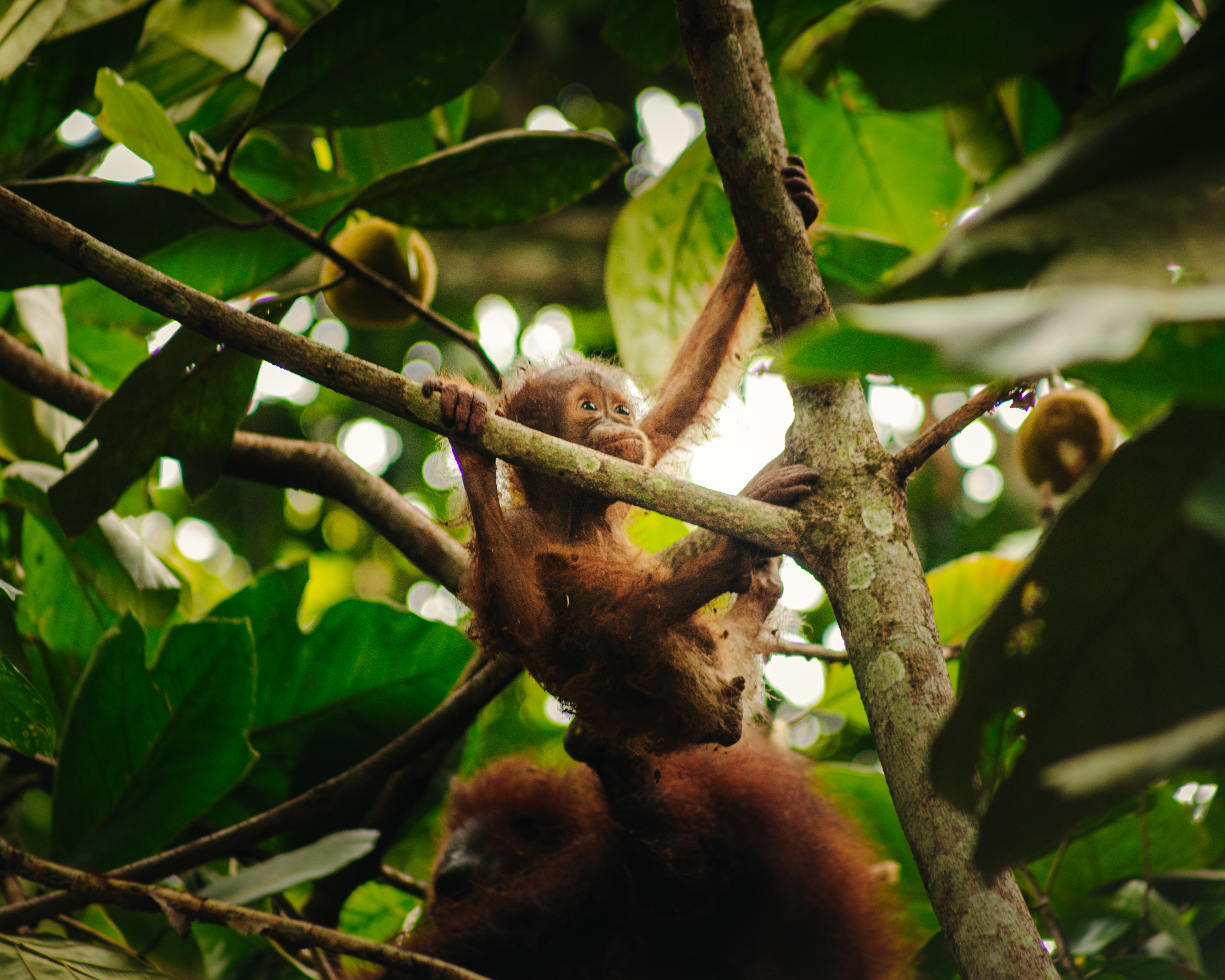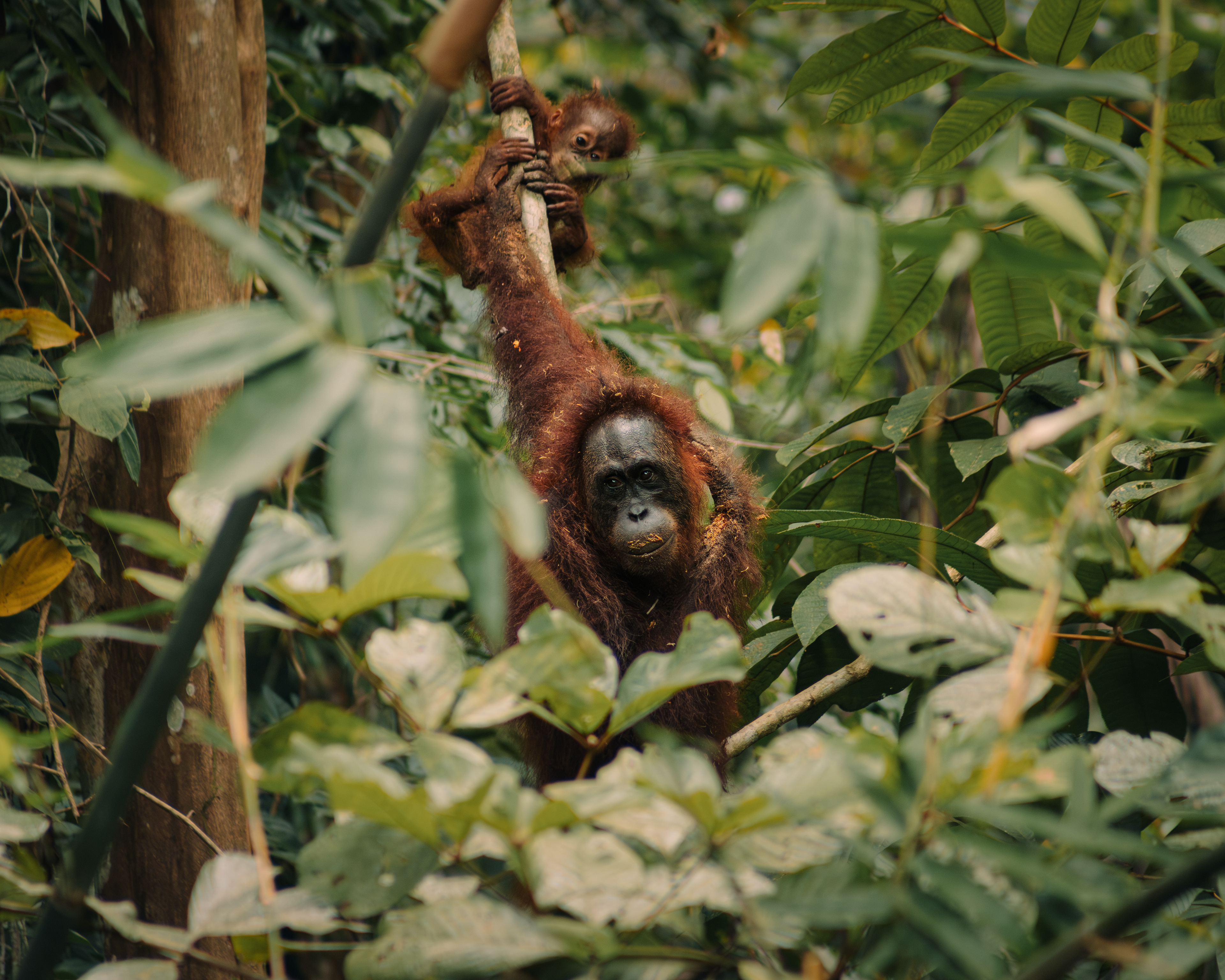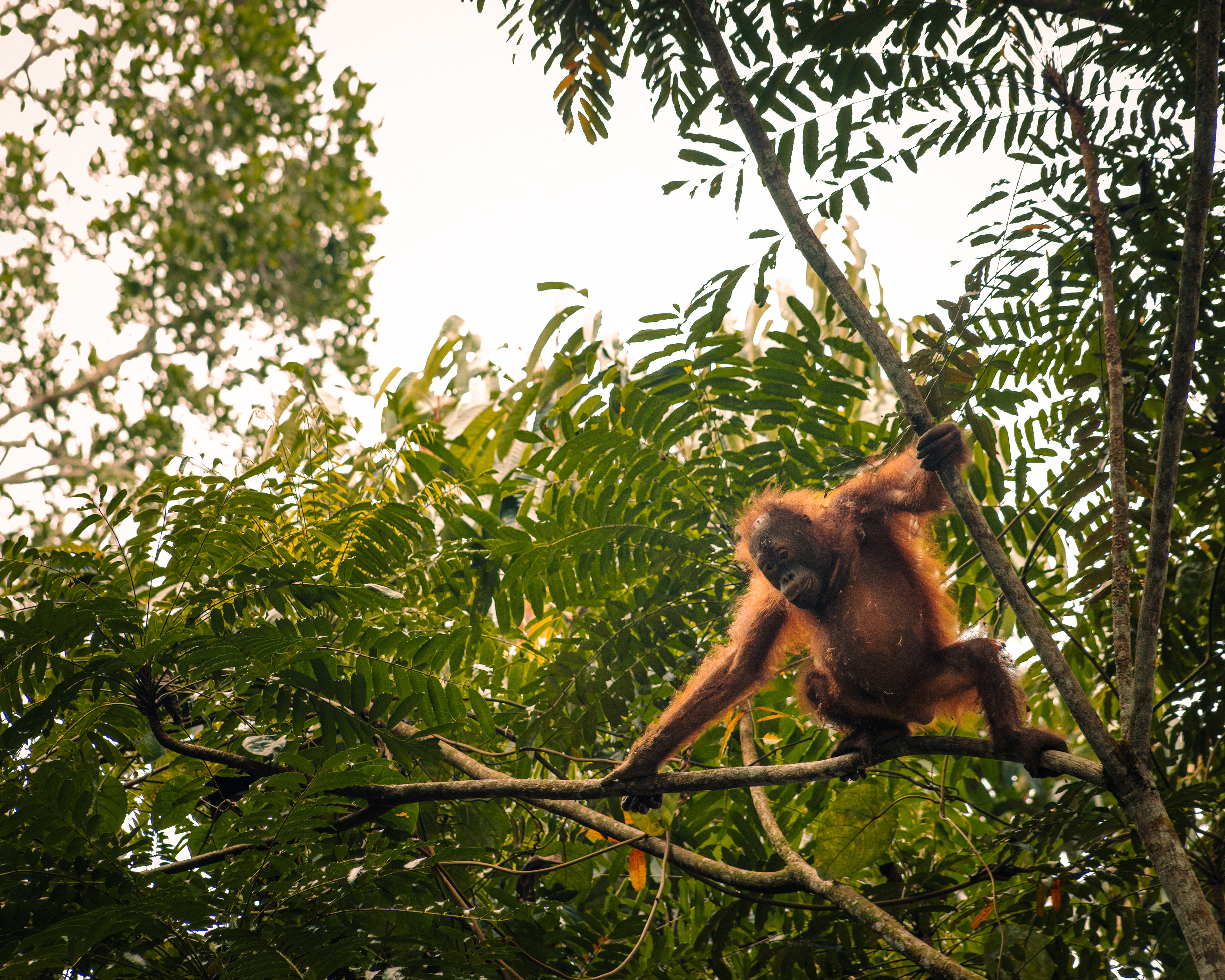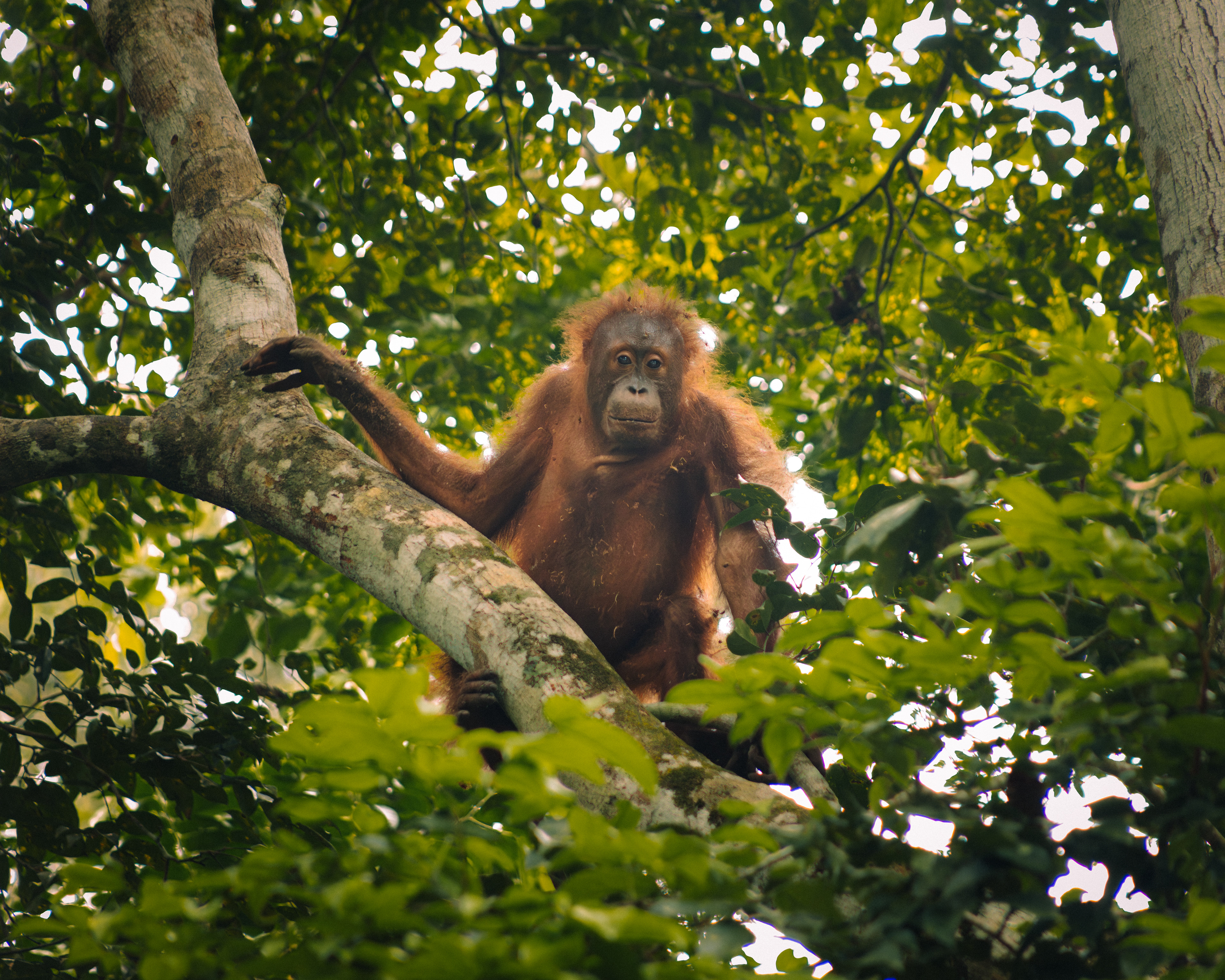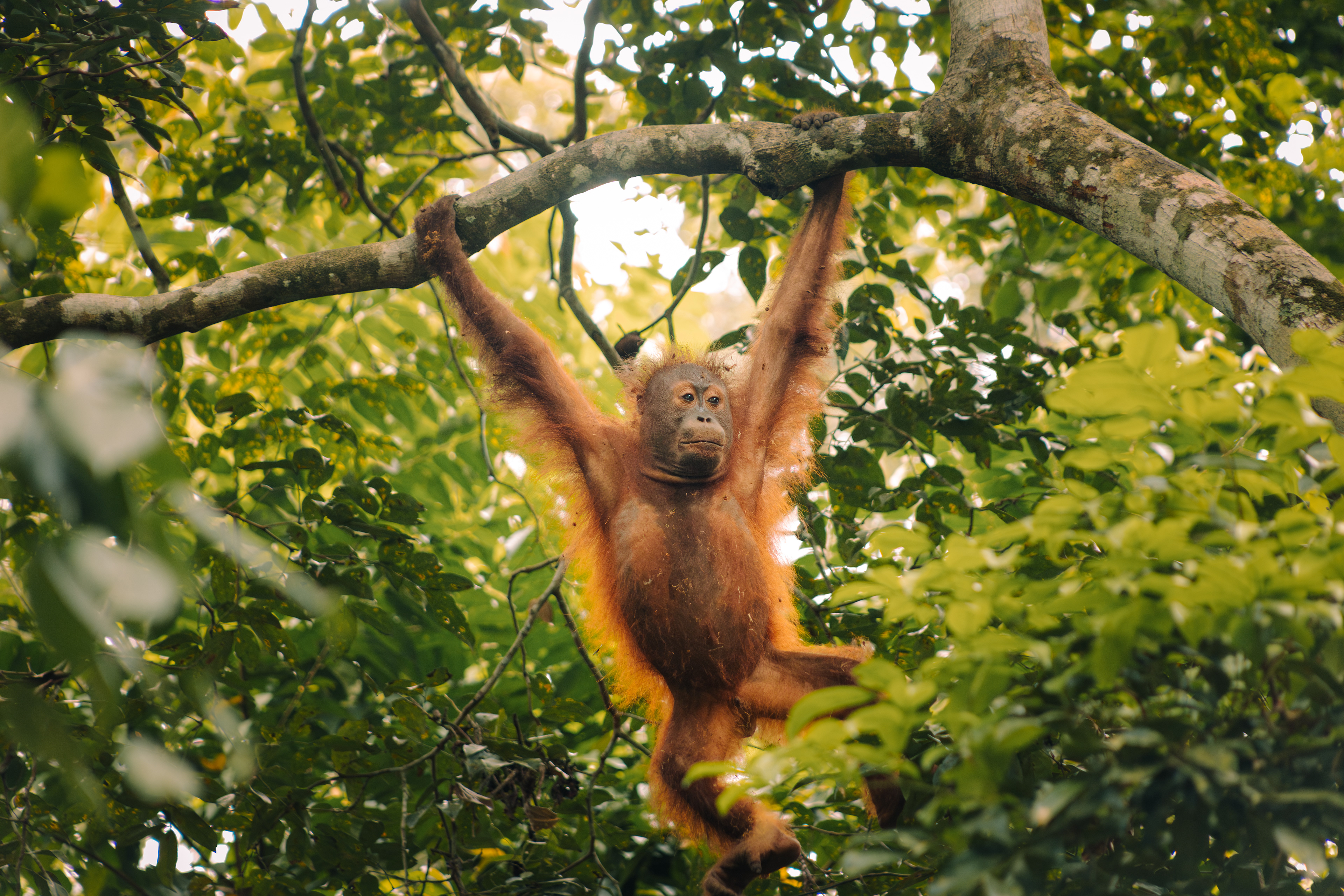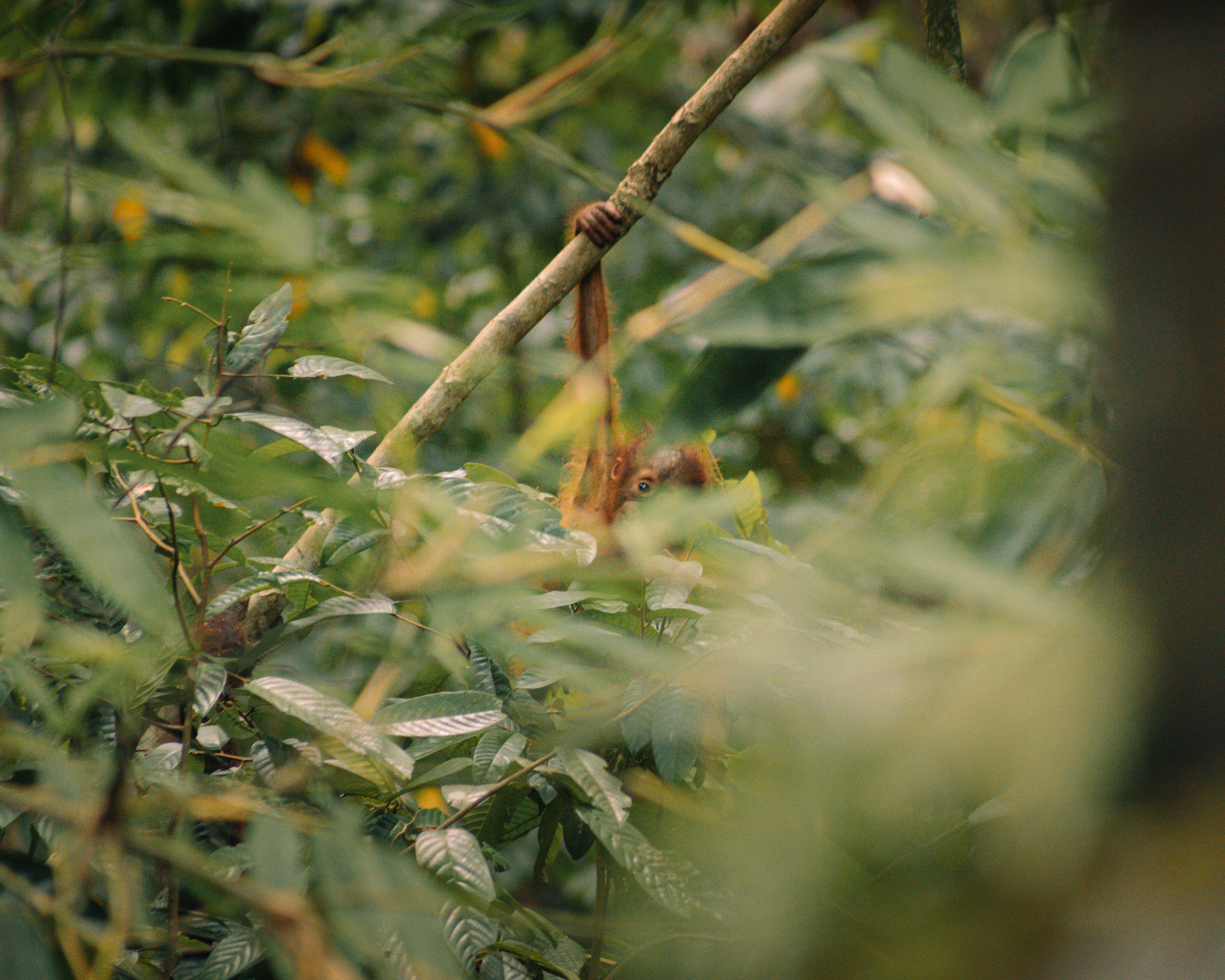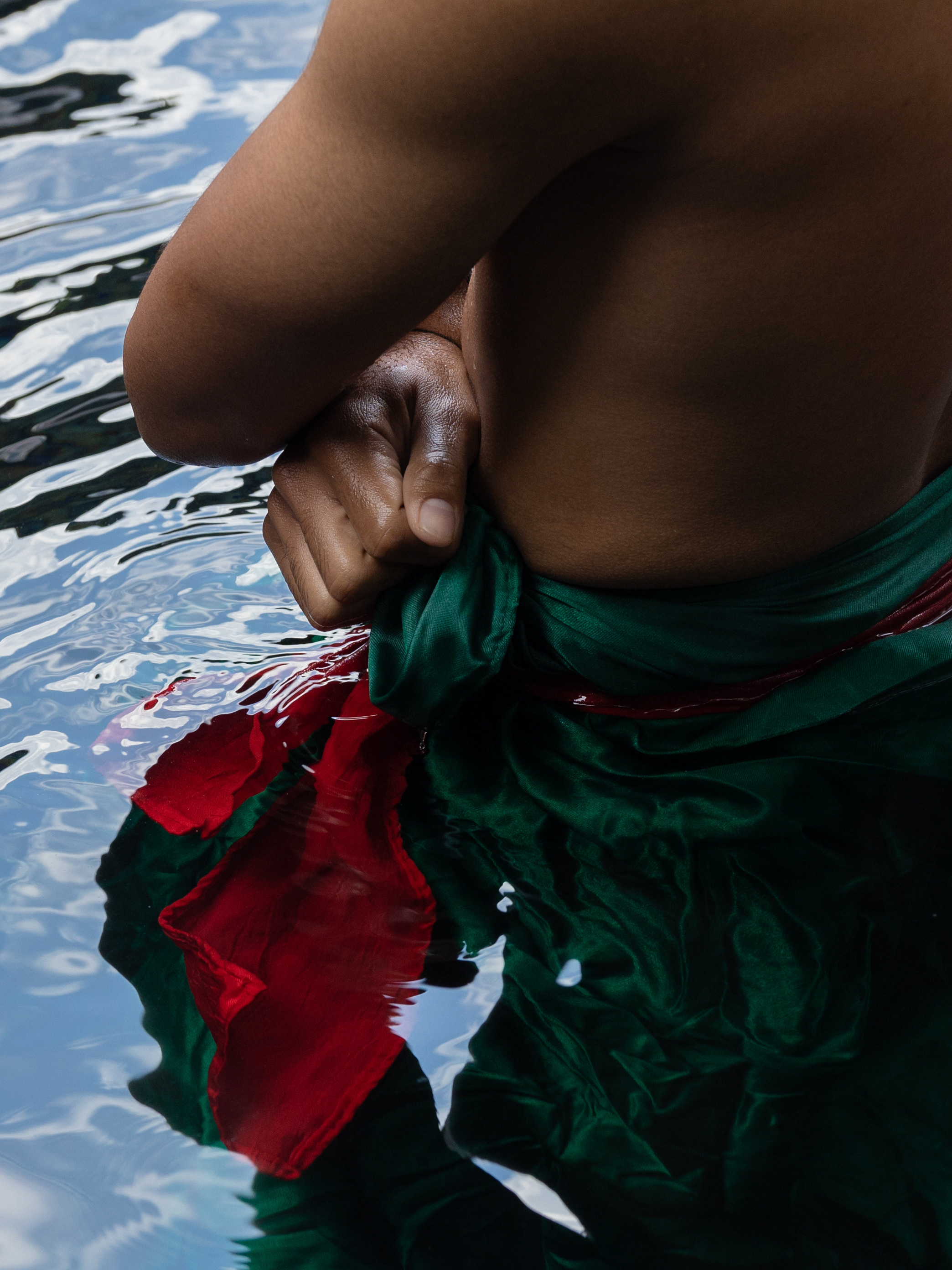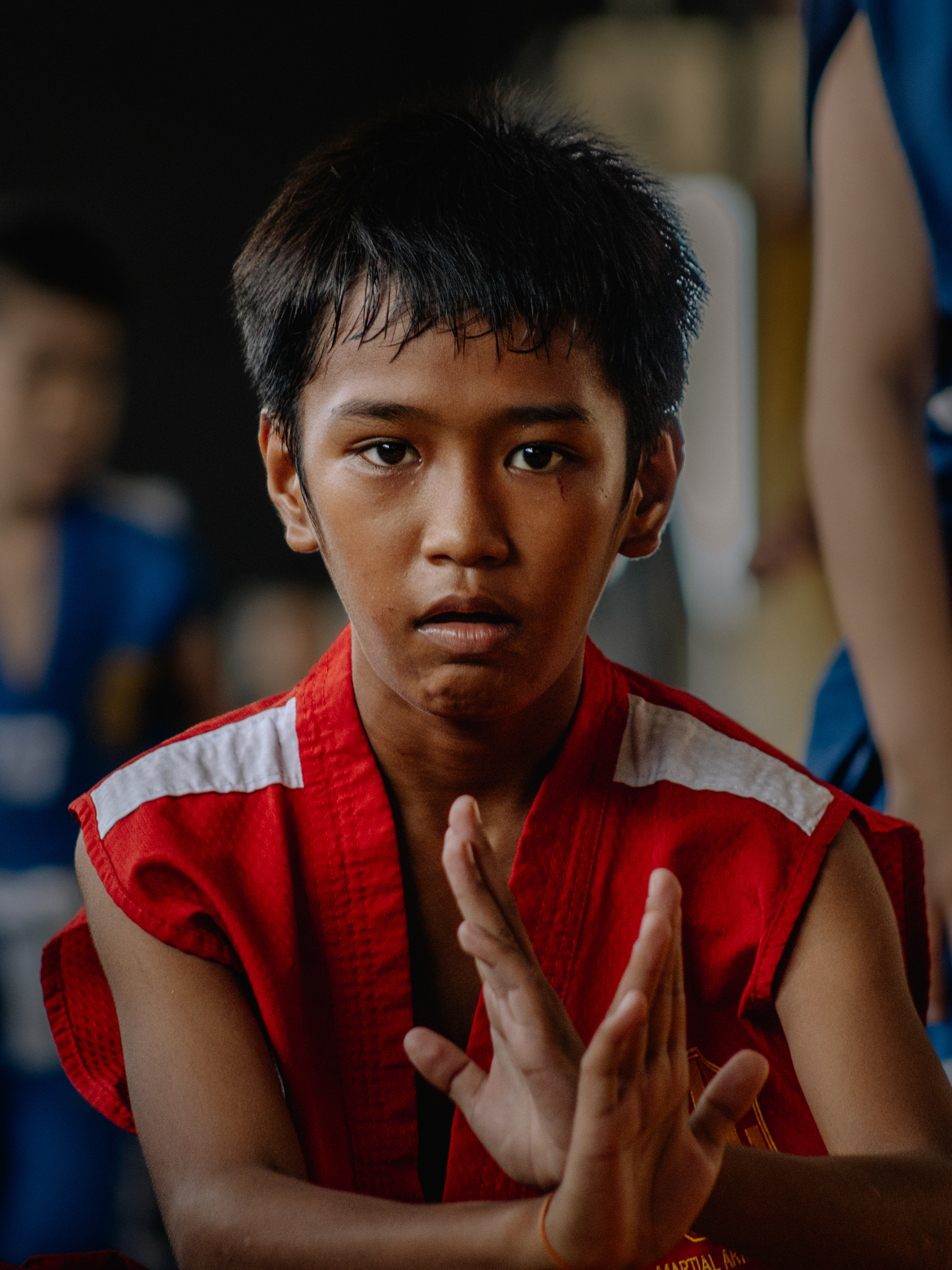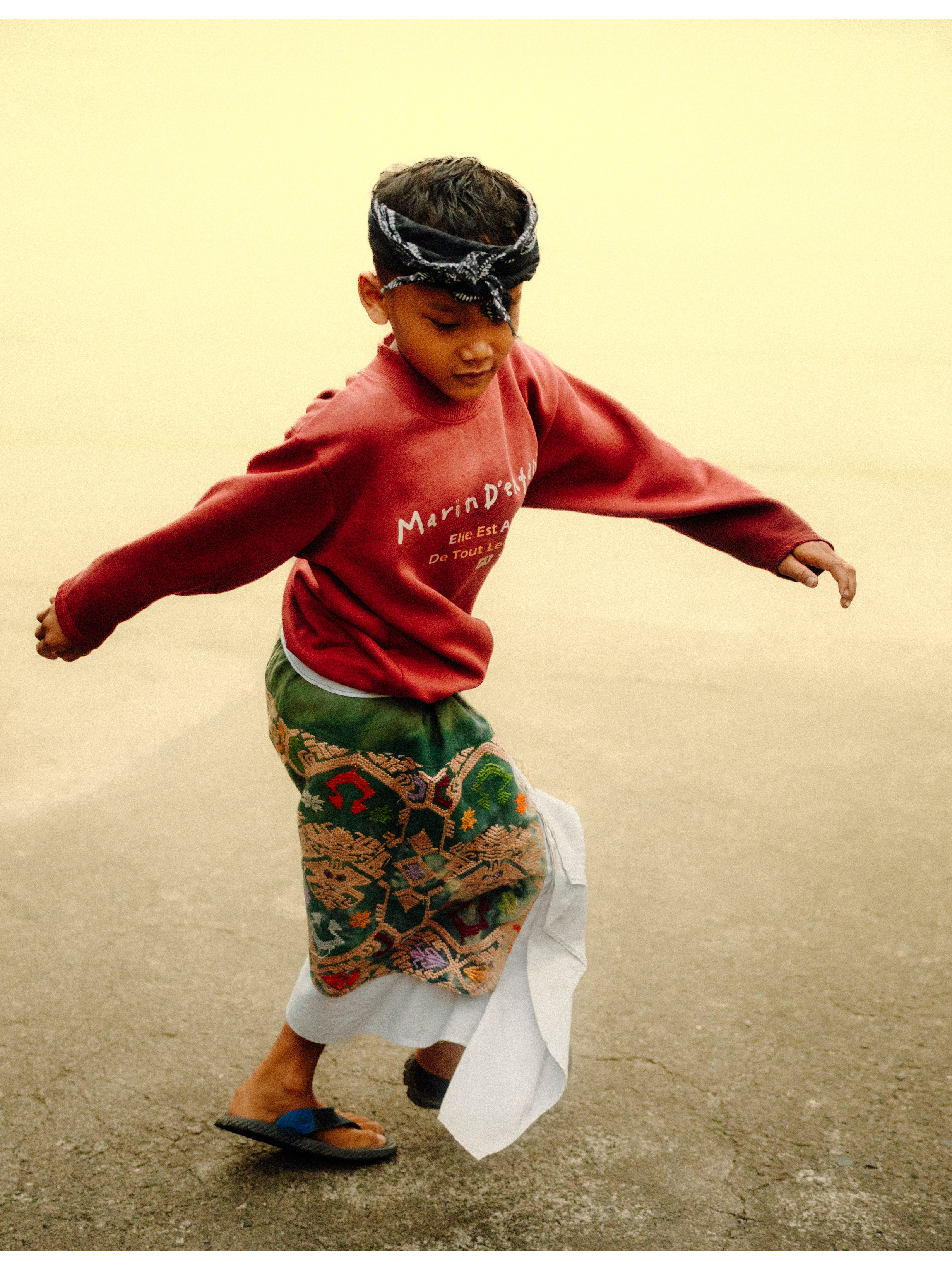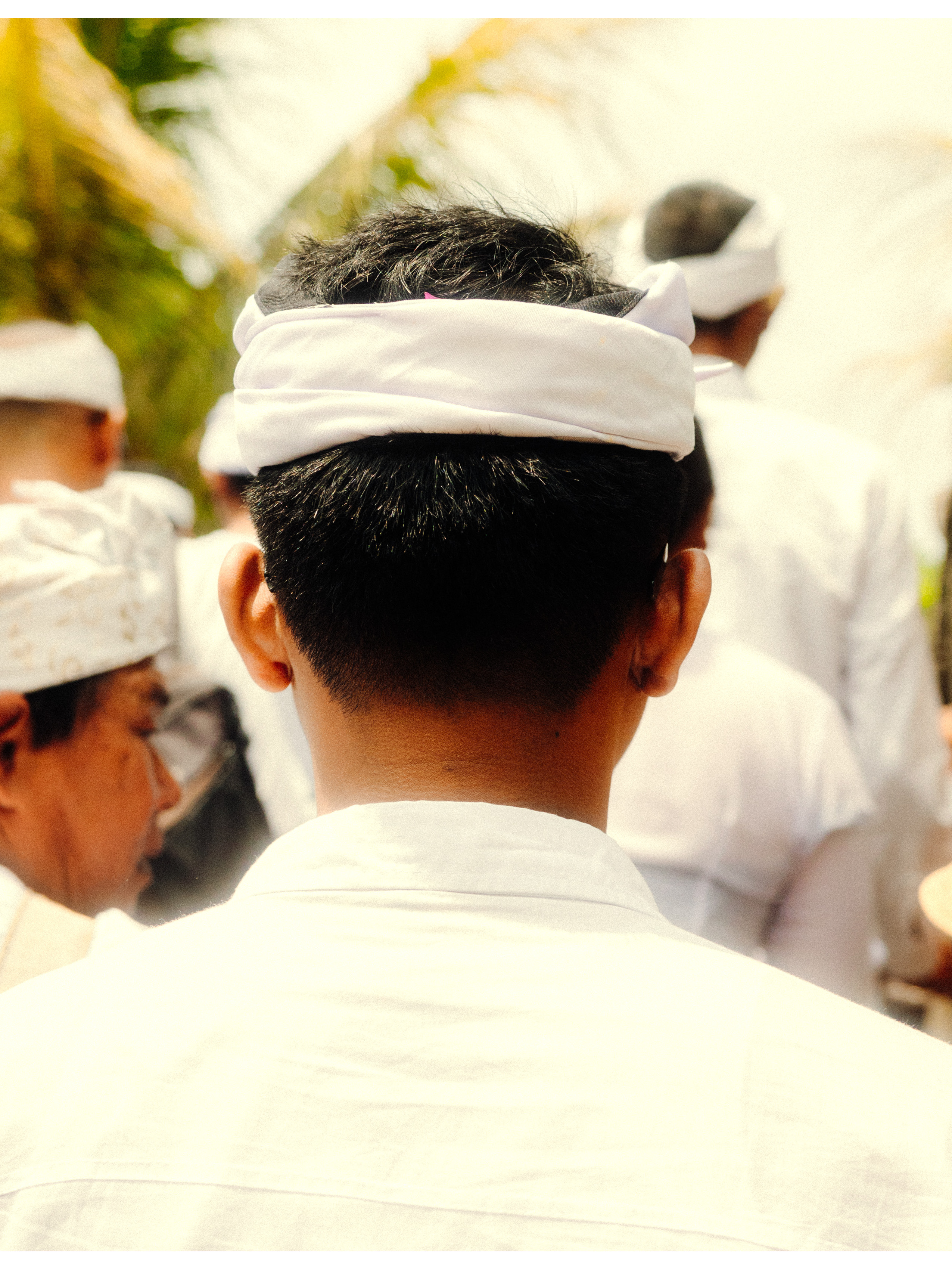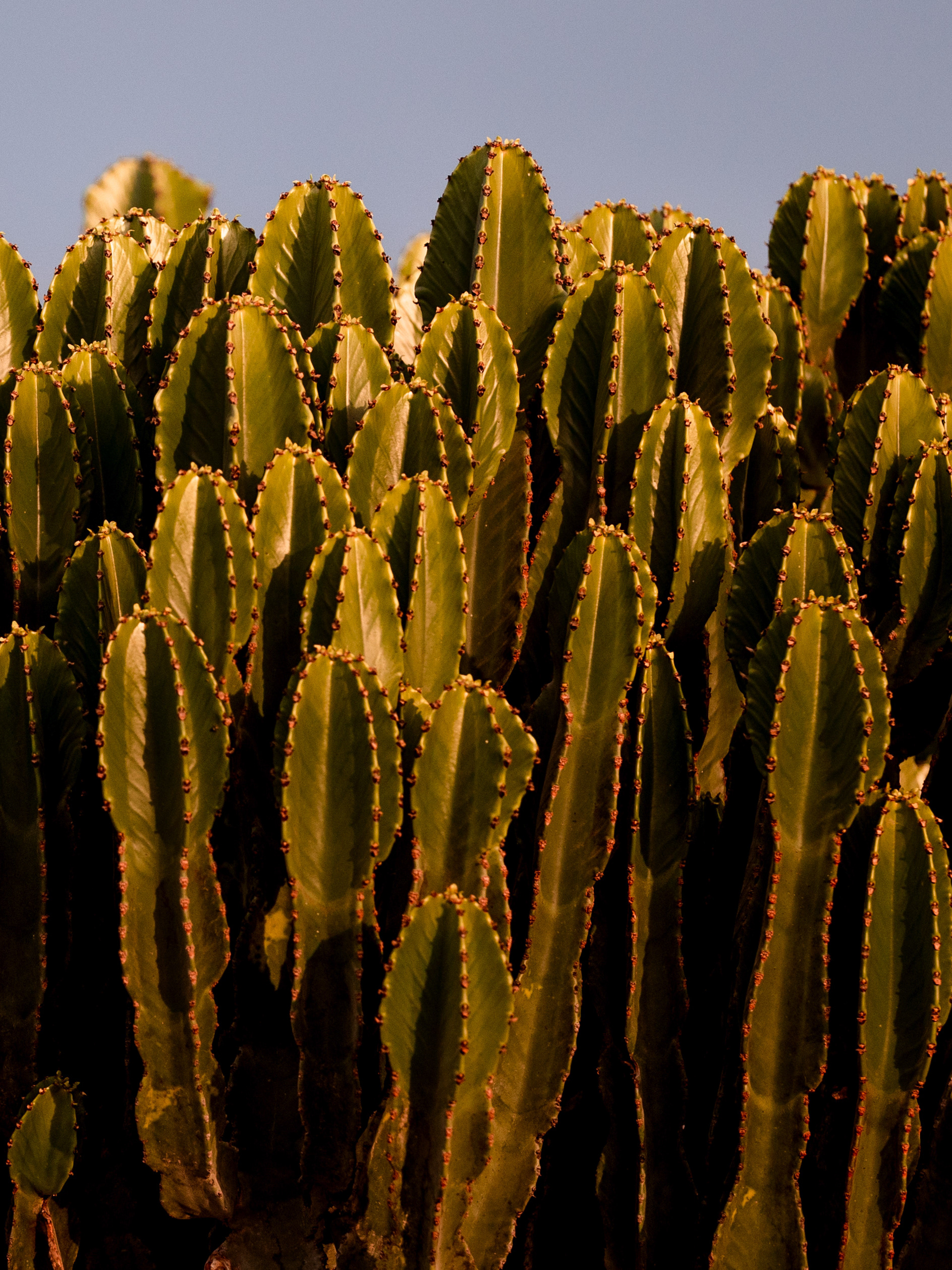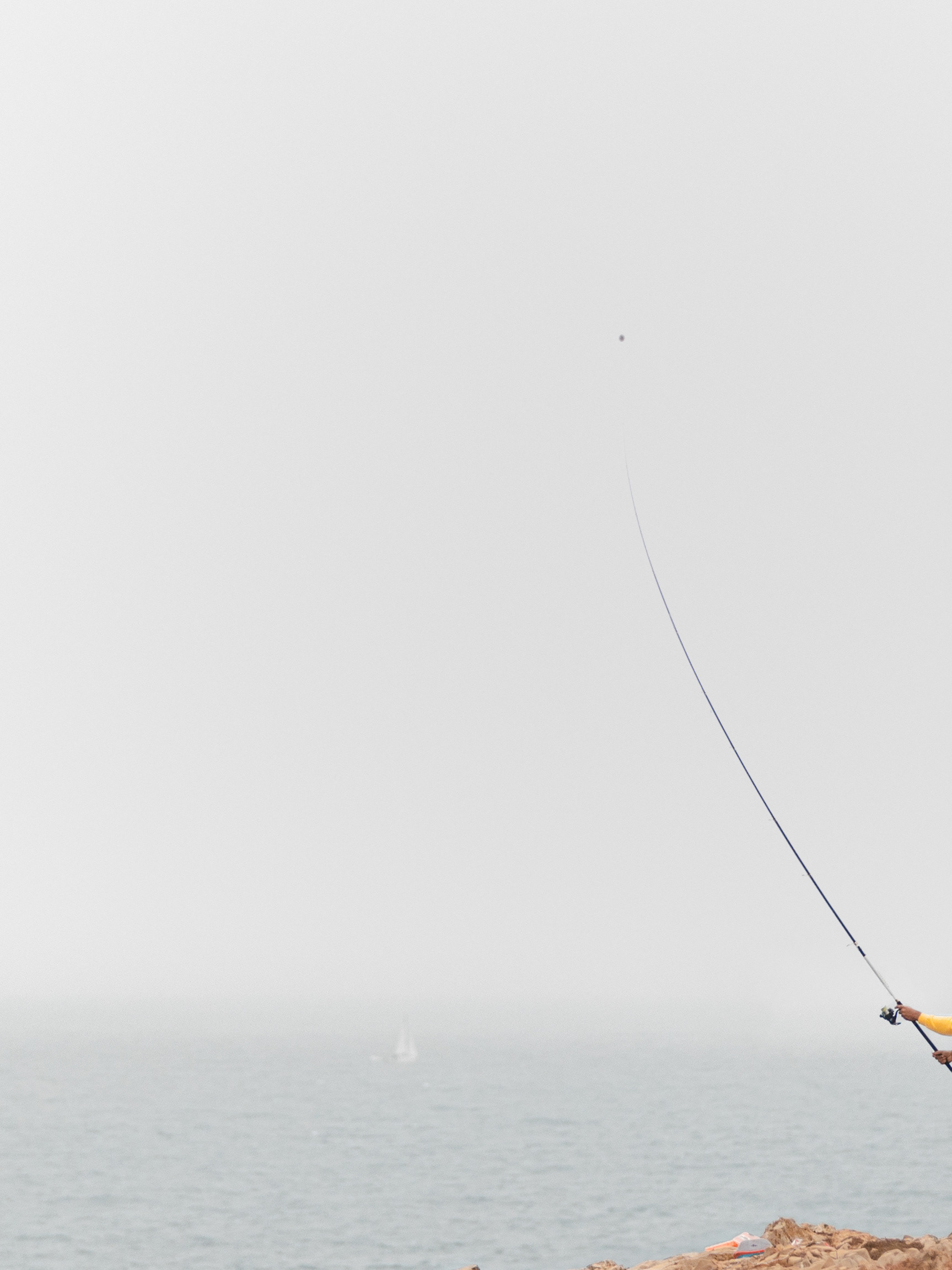Within the region of Sabah, on the Malaysian side of Borneo, lies Sepilok, a place focused on the conservation and rehabilitation of wildlife on the island. Here, located is the Sepilok Orangutan Rehabilitation Centre, where sick or orphaned orangutans are rescued and trained until they are ready to return to the wilderness.
To encourage them to find their own food, the center consistently offers the same type of food, usually repeating the same fruits over and over for weeks so the animals get bored.
If an orangutan does not return for several days, that’s a good sign; it means that it has likely found its way back to the wilderness to survive independently.
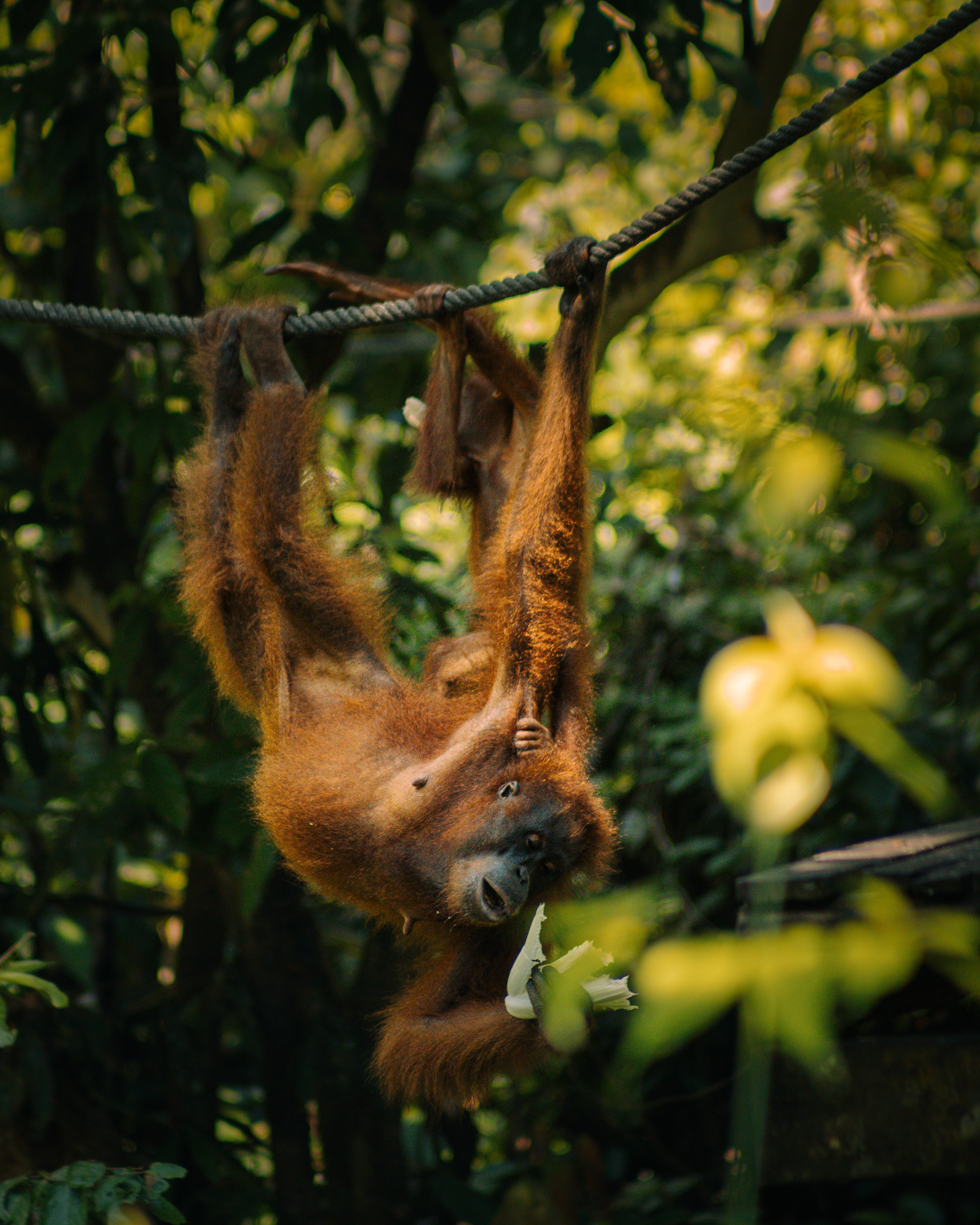

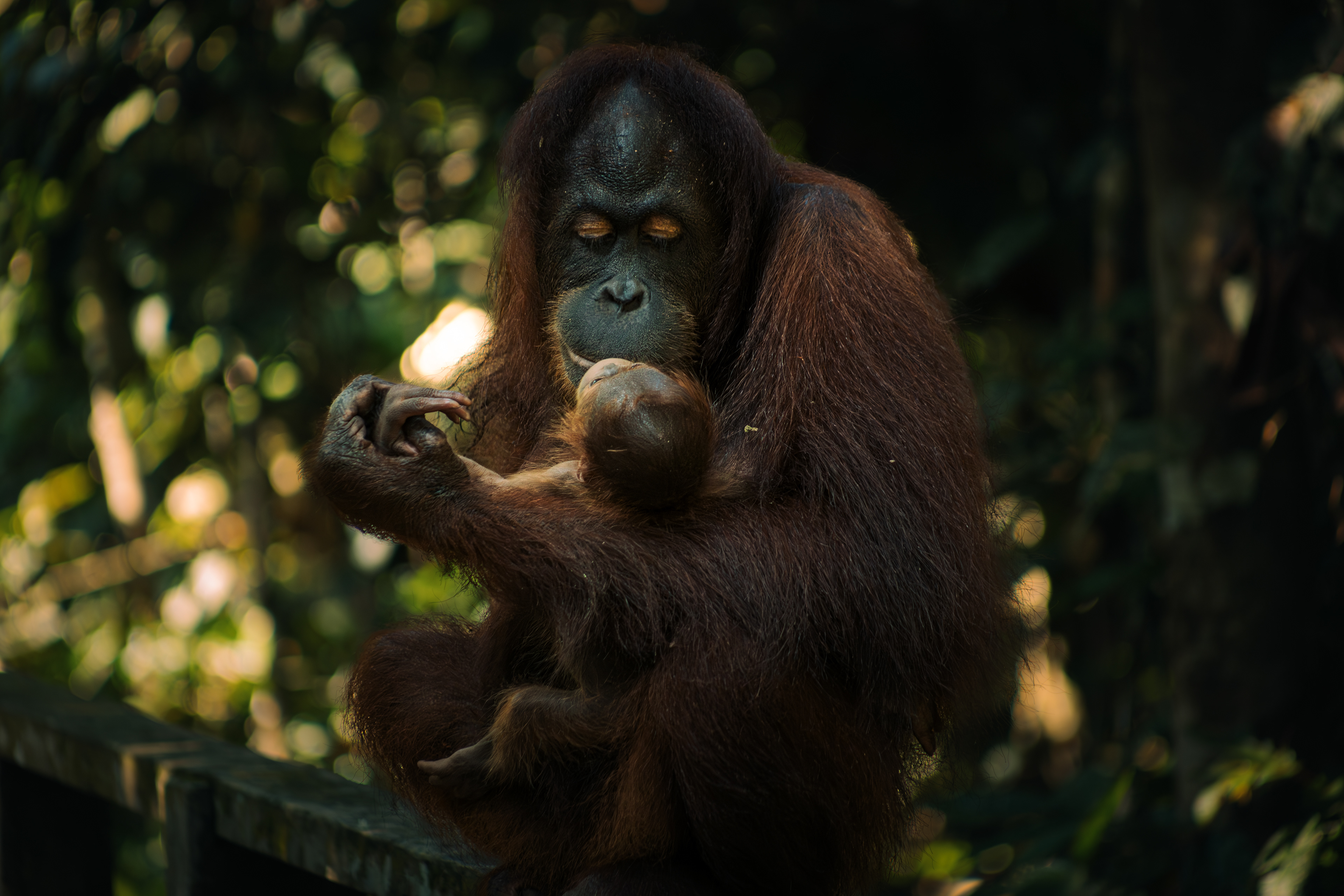
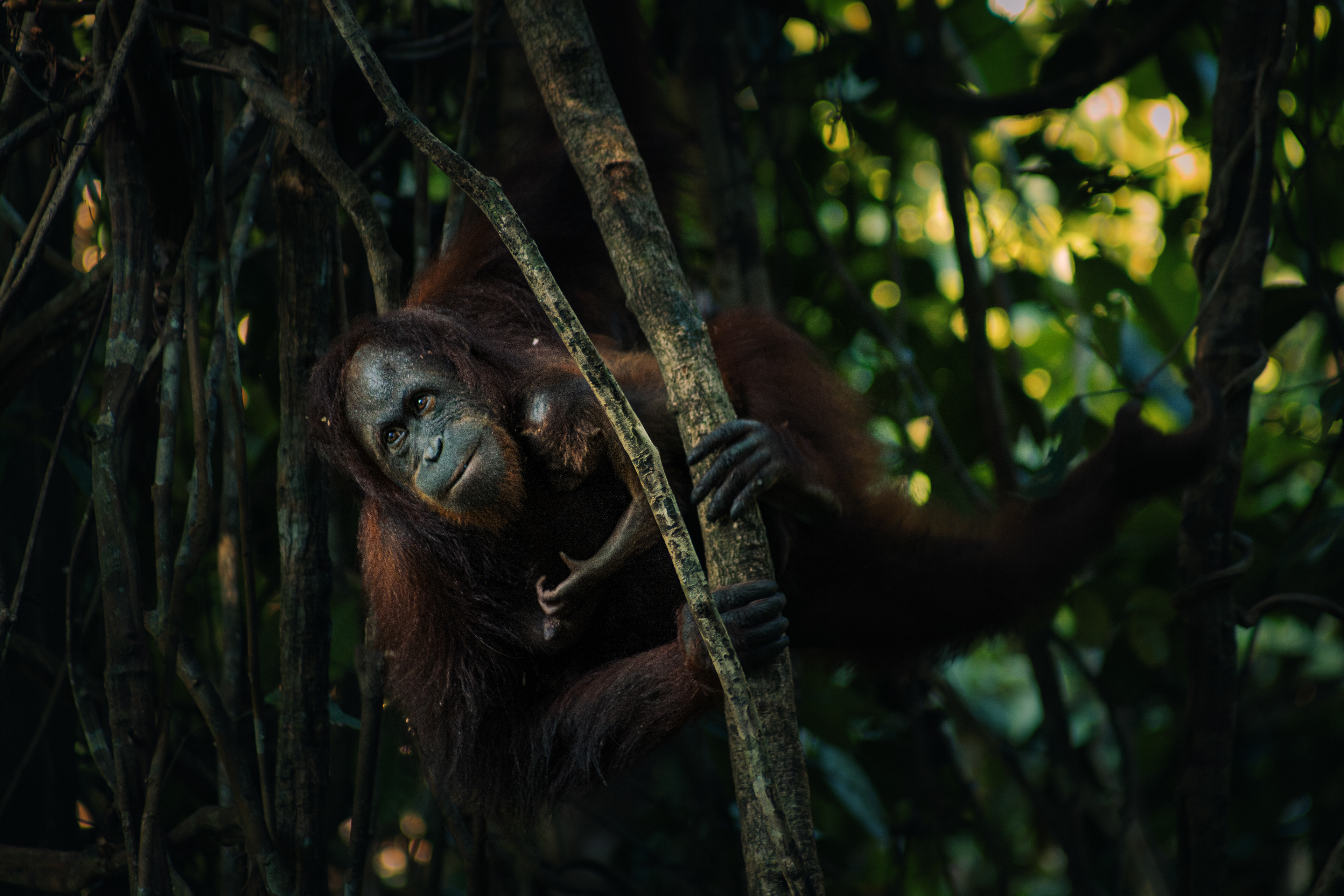
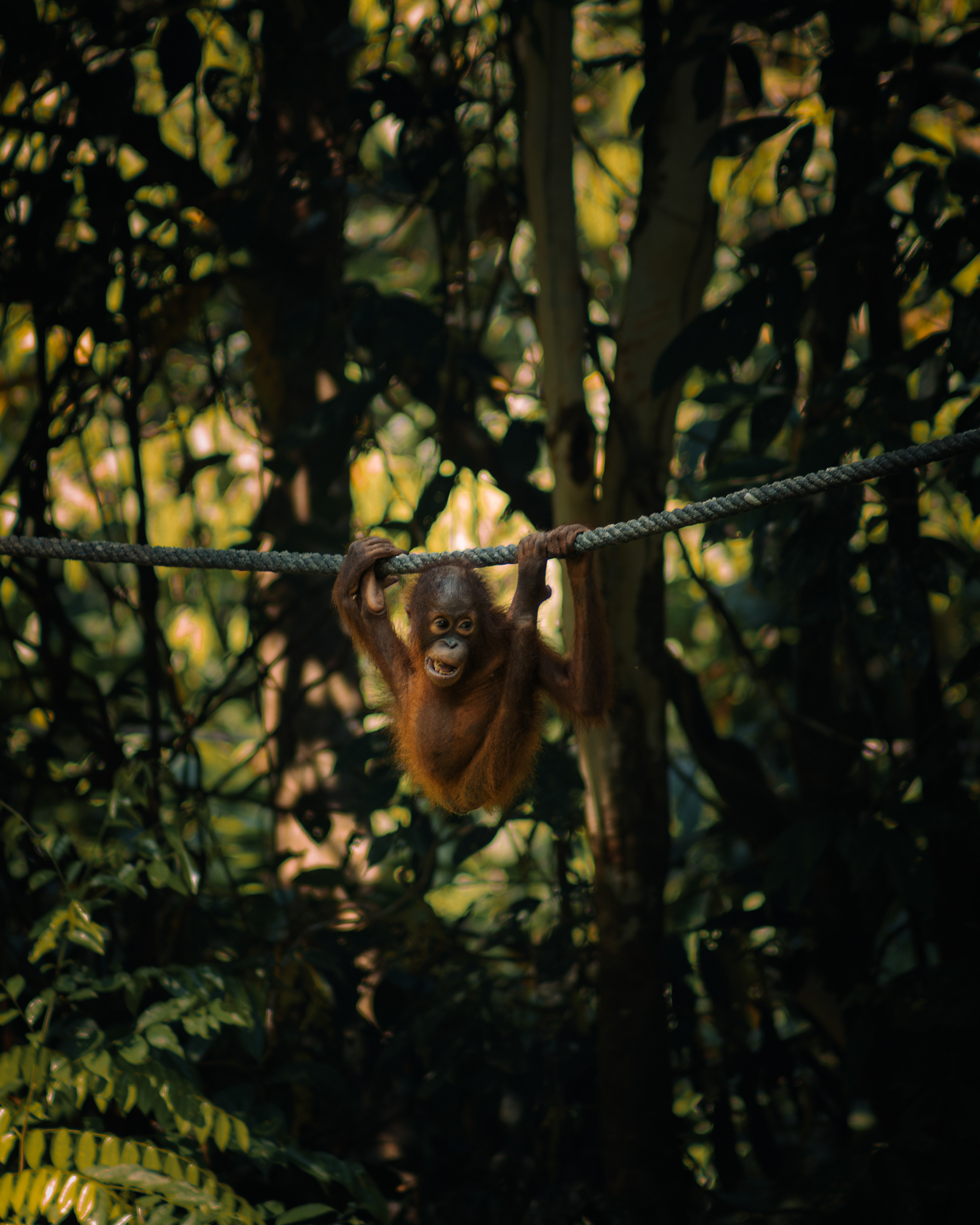


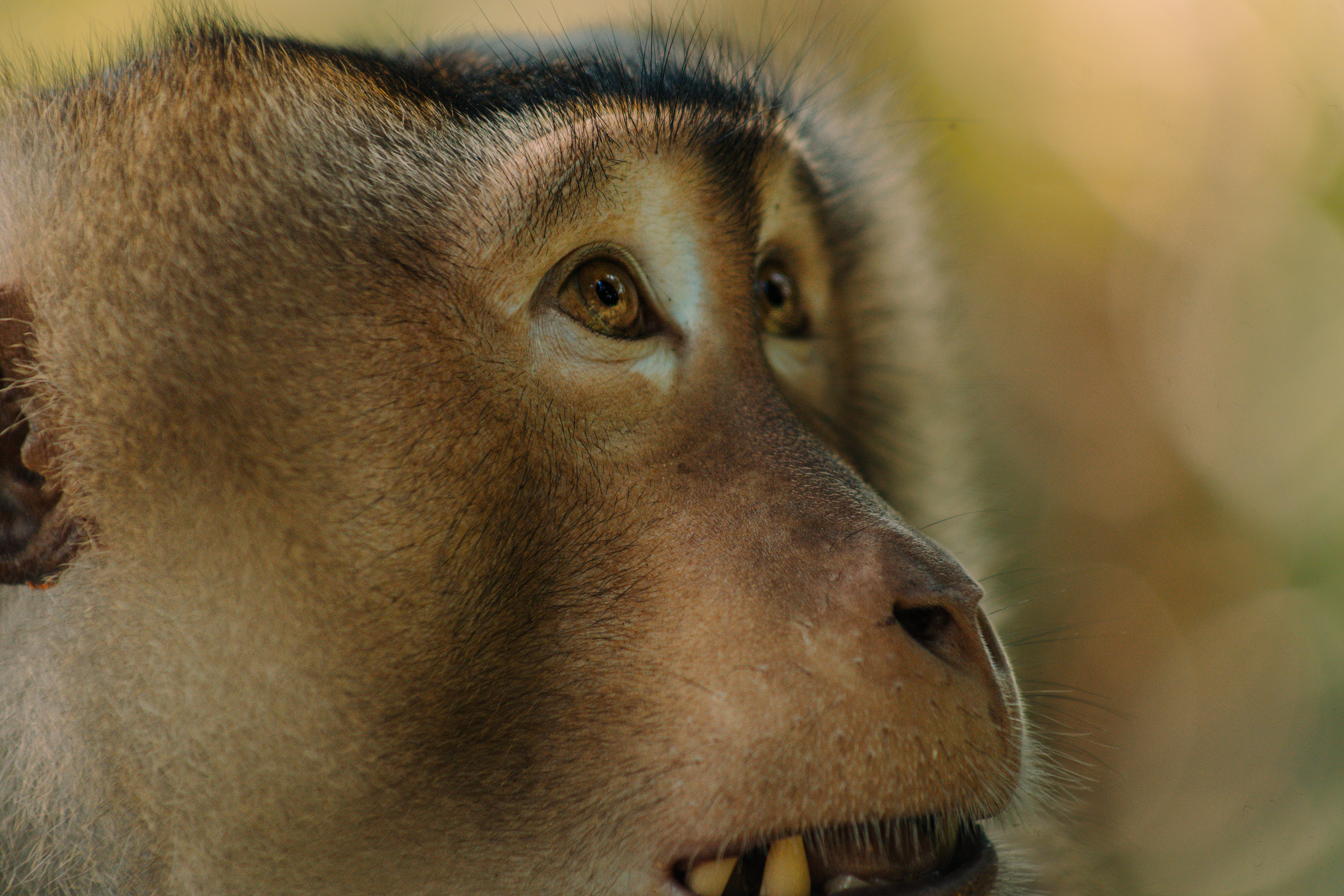
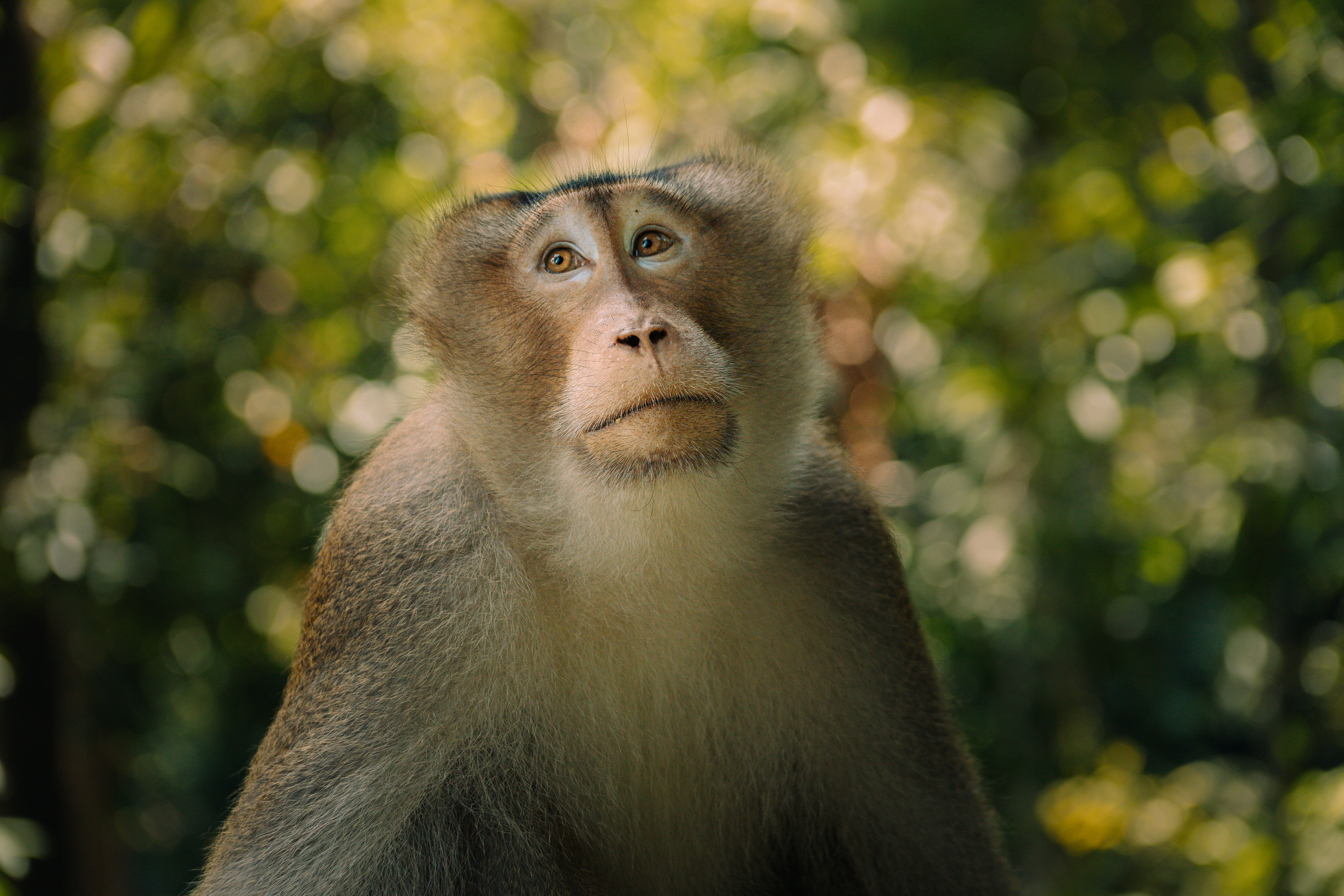
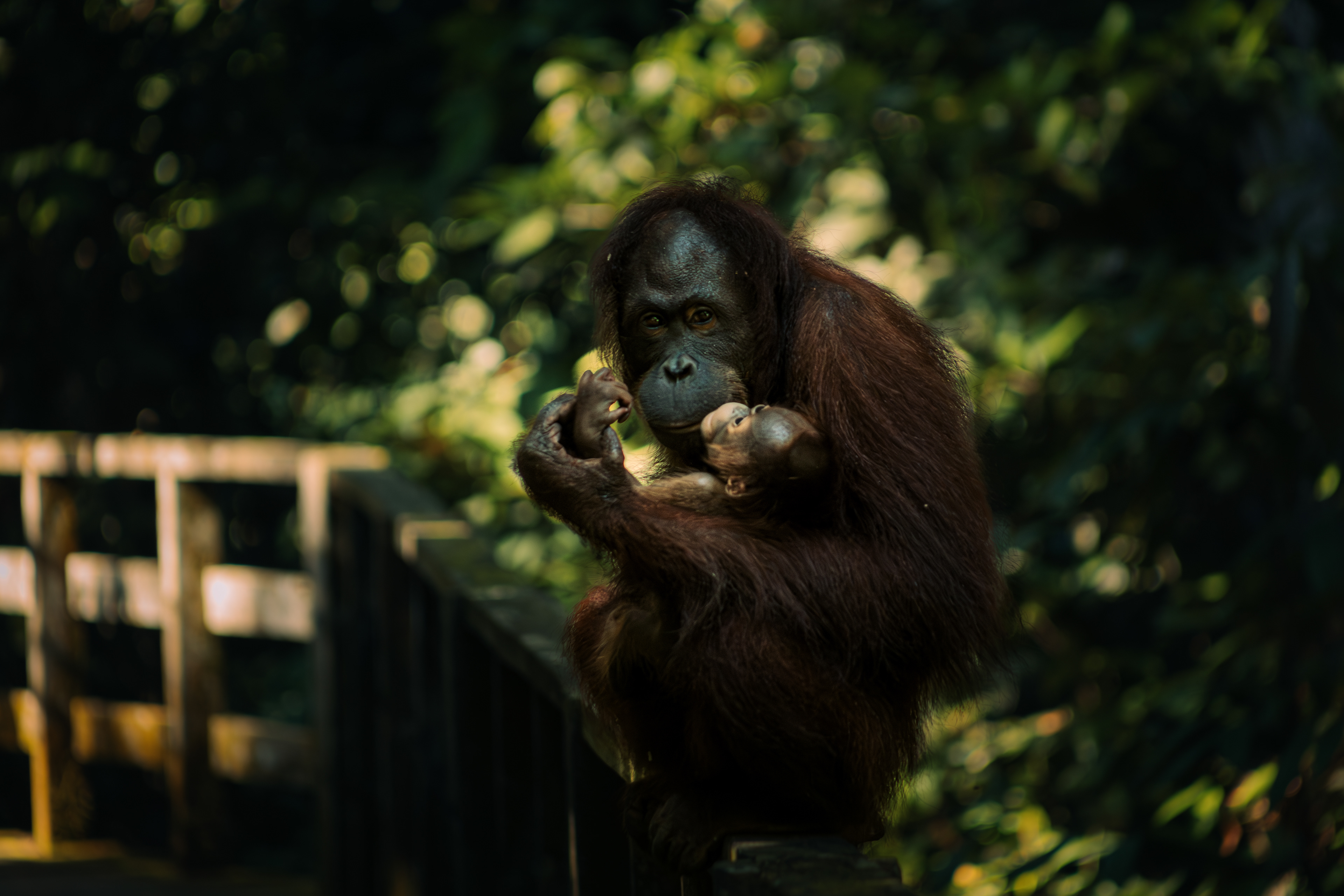
Touring the Kinabatangan River
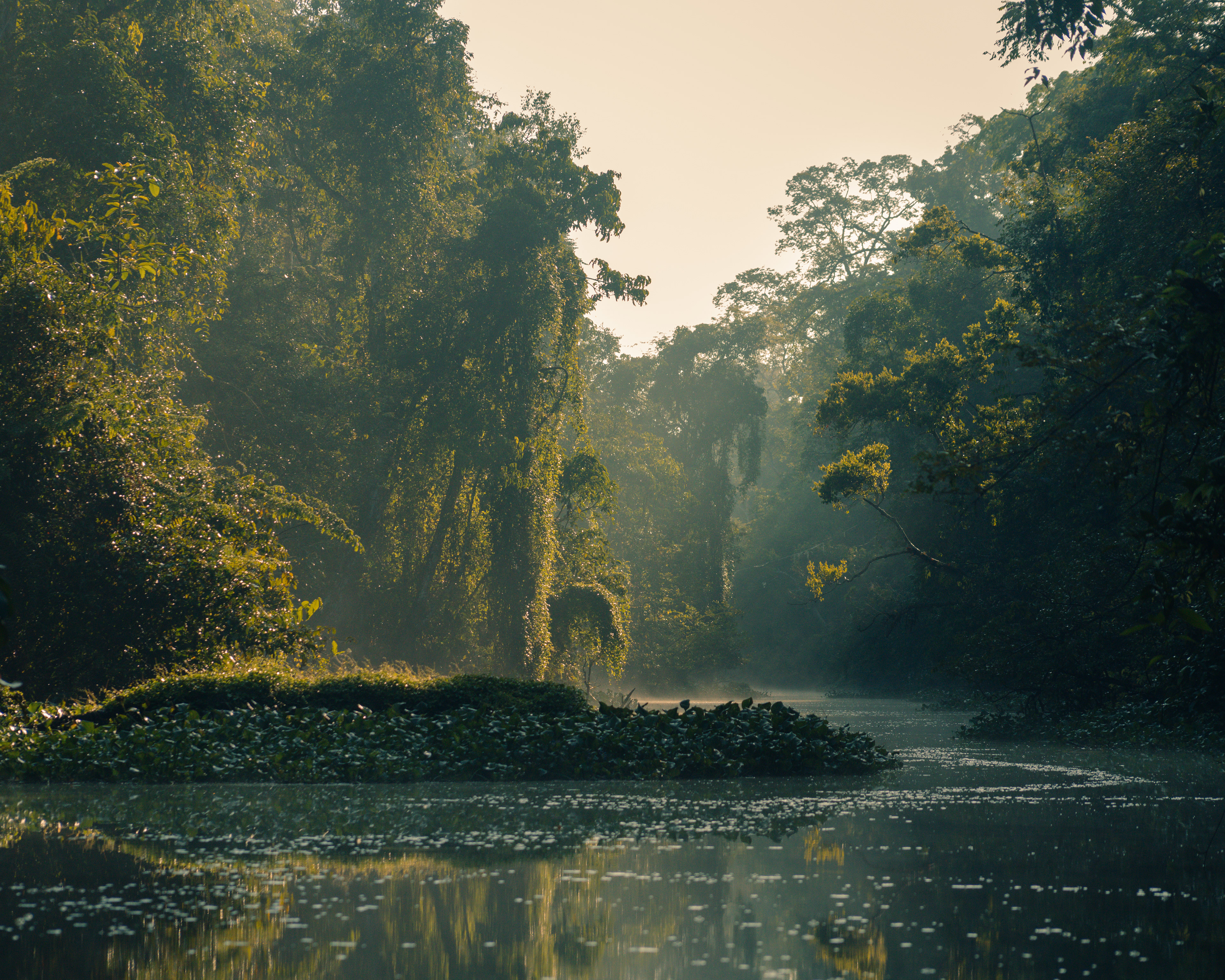
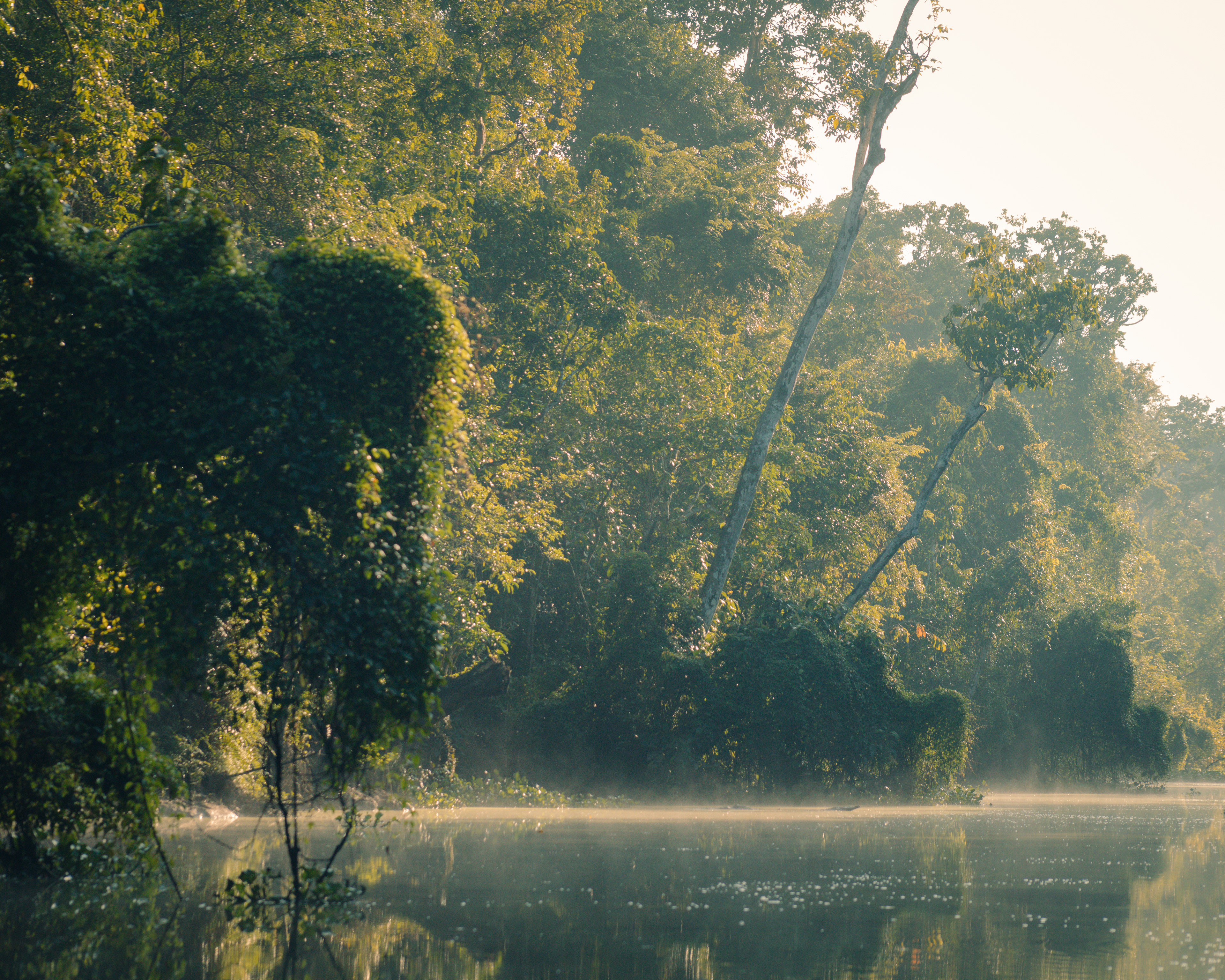
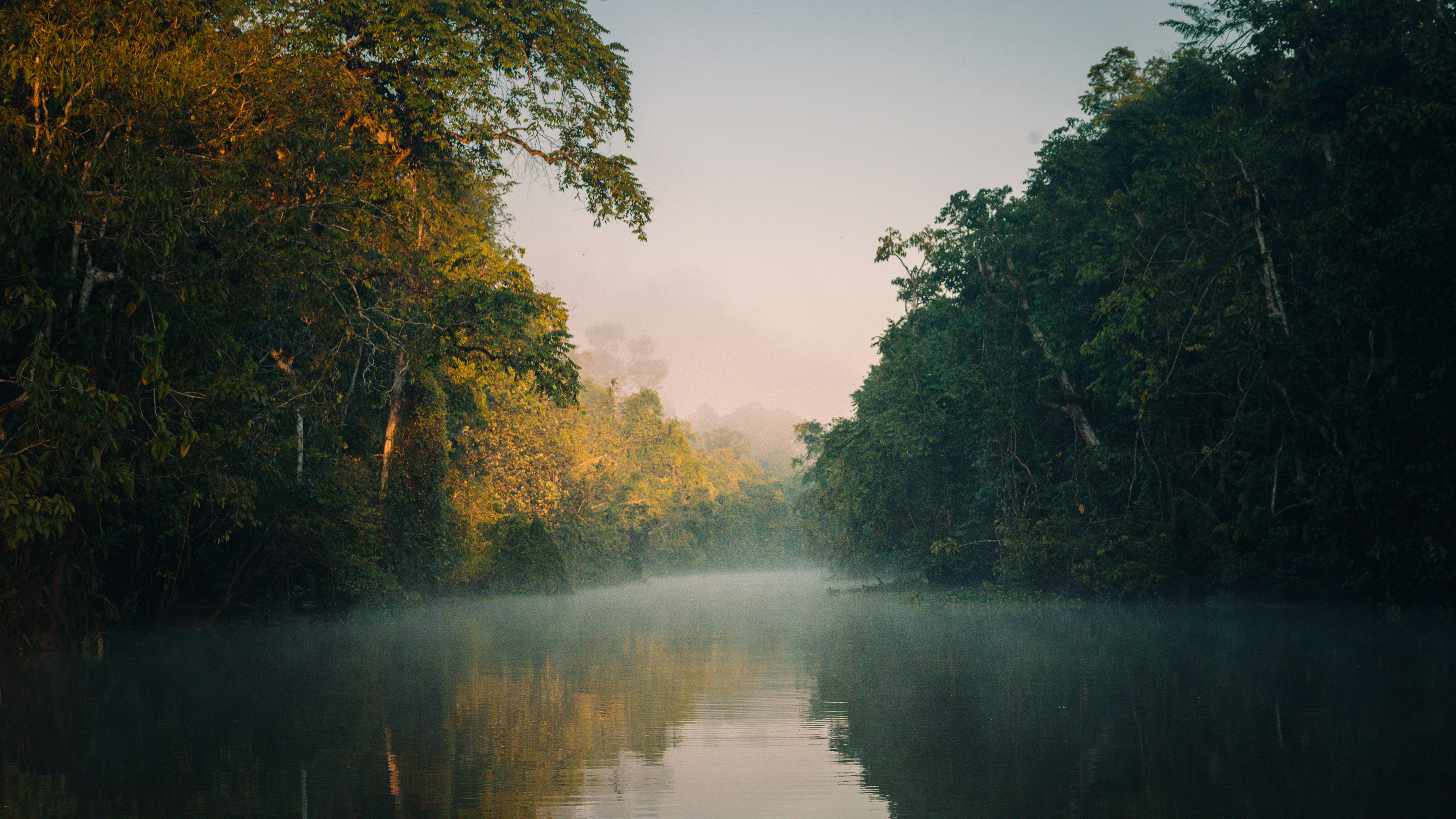
This river is the second largest one in Malaysia, and it’s said to be one of the best places to see the so-called Borneo Big Five: the Estuarine crocodile, the Rhinoceros hornbill, the Proboscis monkey, the Bornean orangutan, and the Pygmy elephant.
But you can learn all that from Wikipedia.
What they don’t tell you is to be aware of the sharp wasps that will go straight for your neck in the middle of the night while you are trying to spot if there is really a tiny colorful bird that the tour guide saw from 2 km away in pitch-black darkness. Or that the wild macaques will attack the cabin bins the second there is no one around, and you better let them do it if you don’t want to start a fight.
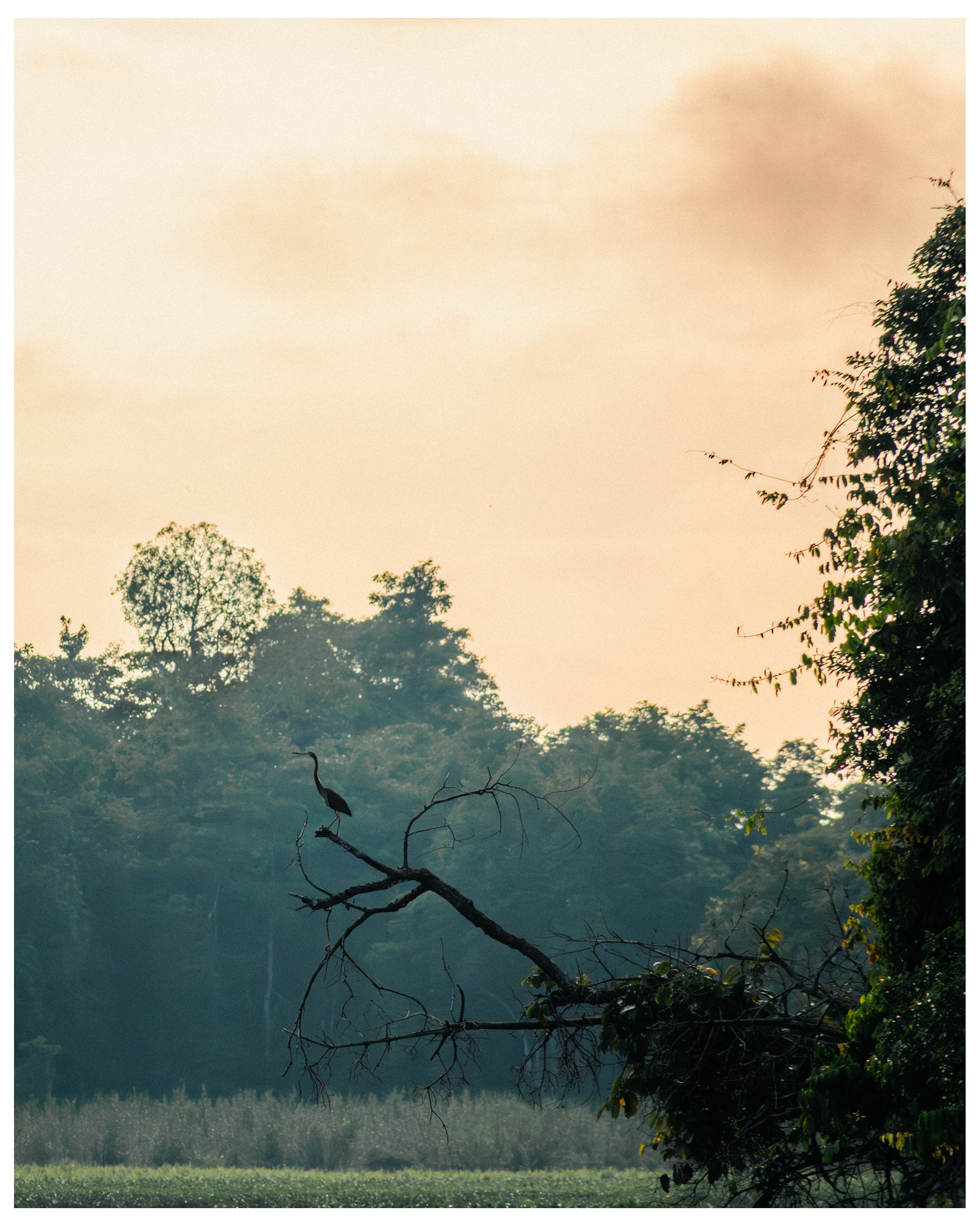

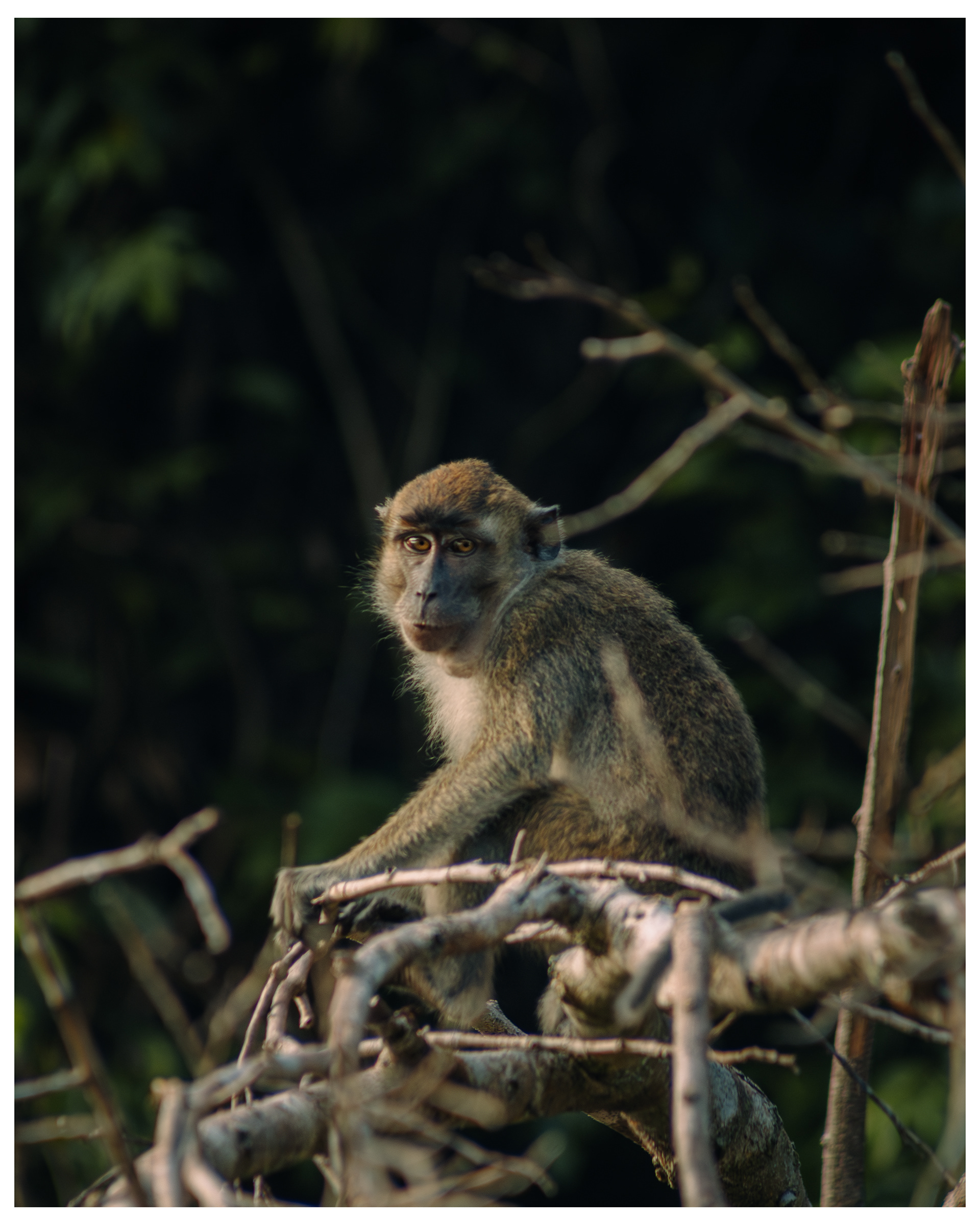

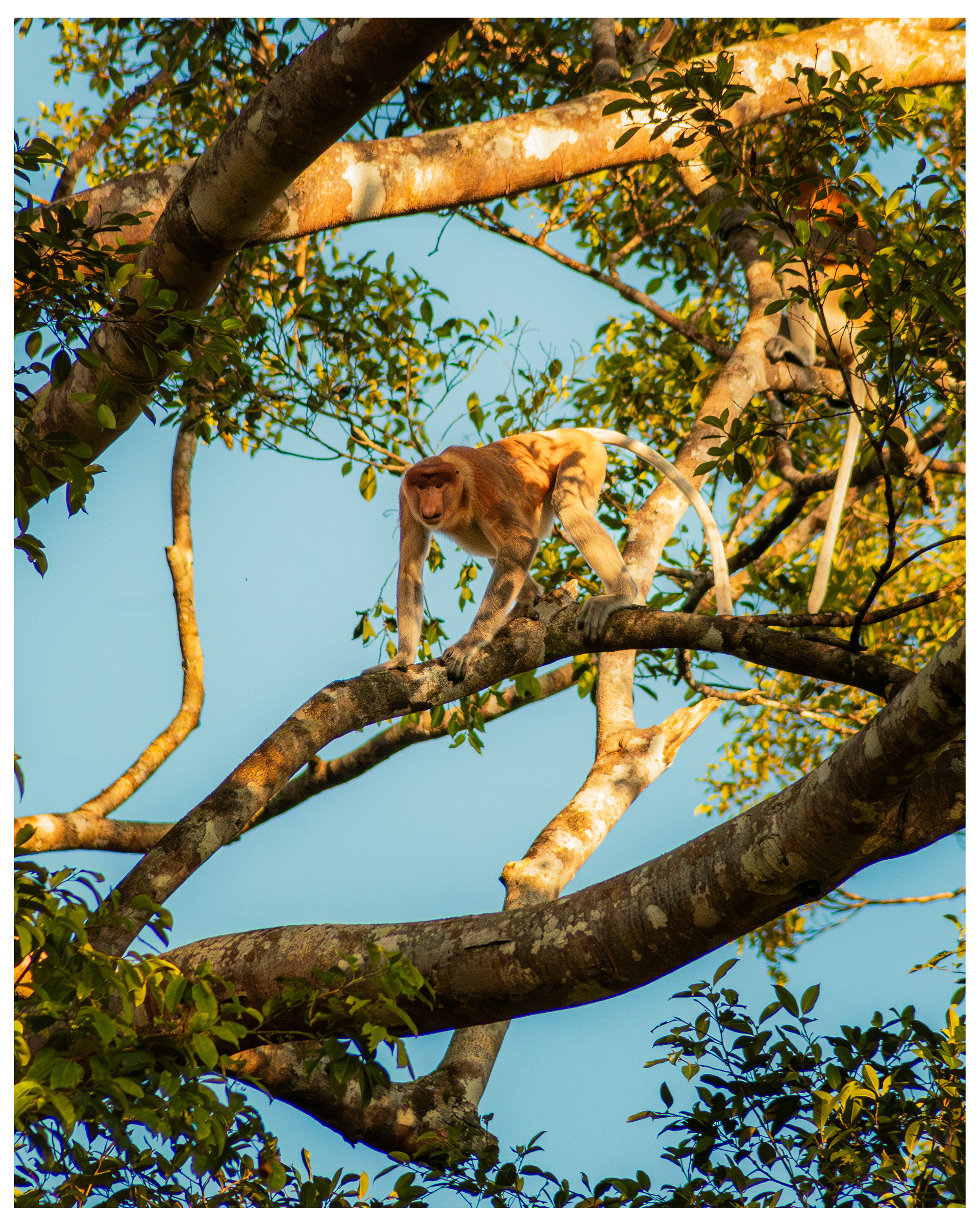
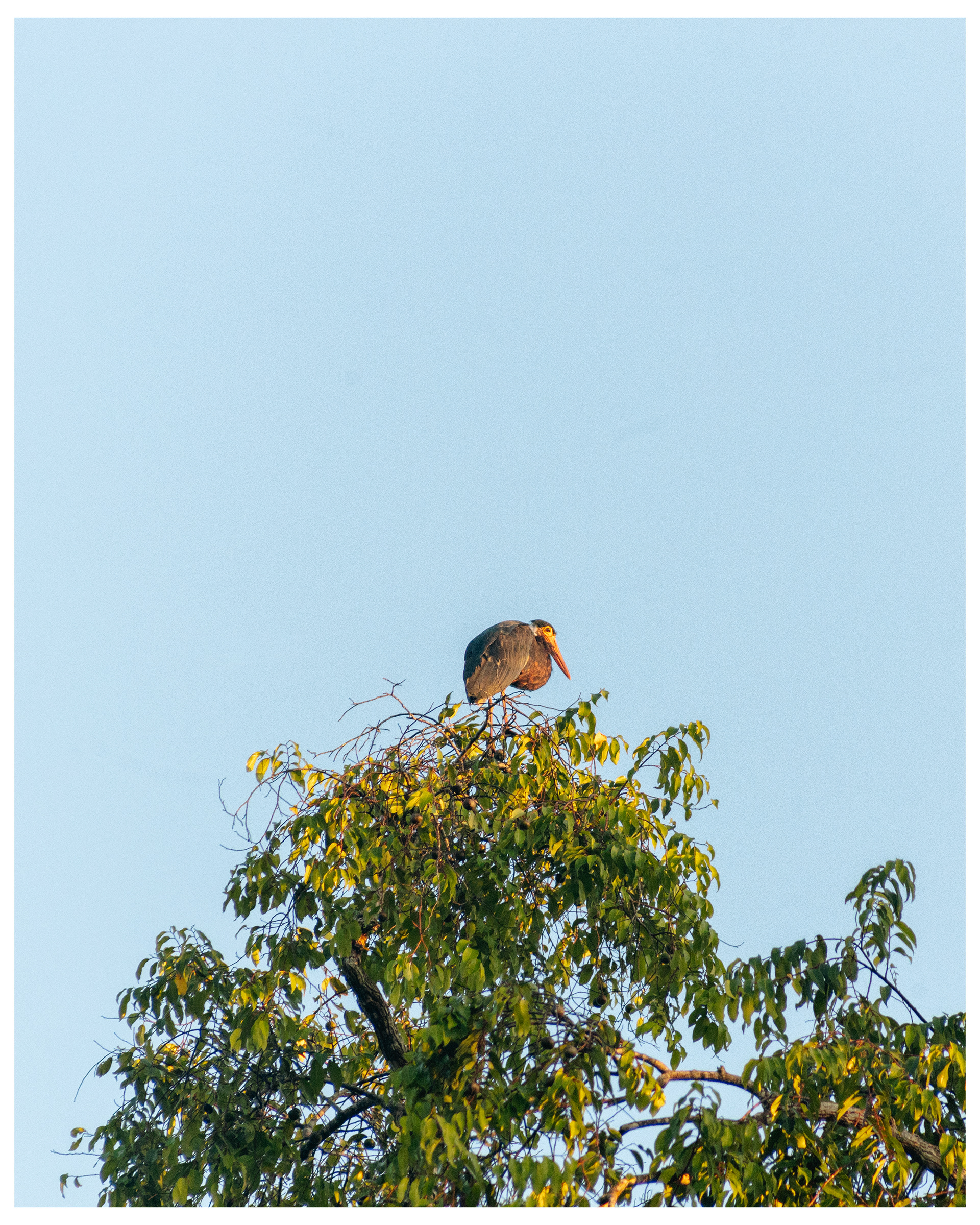

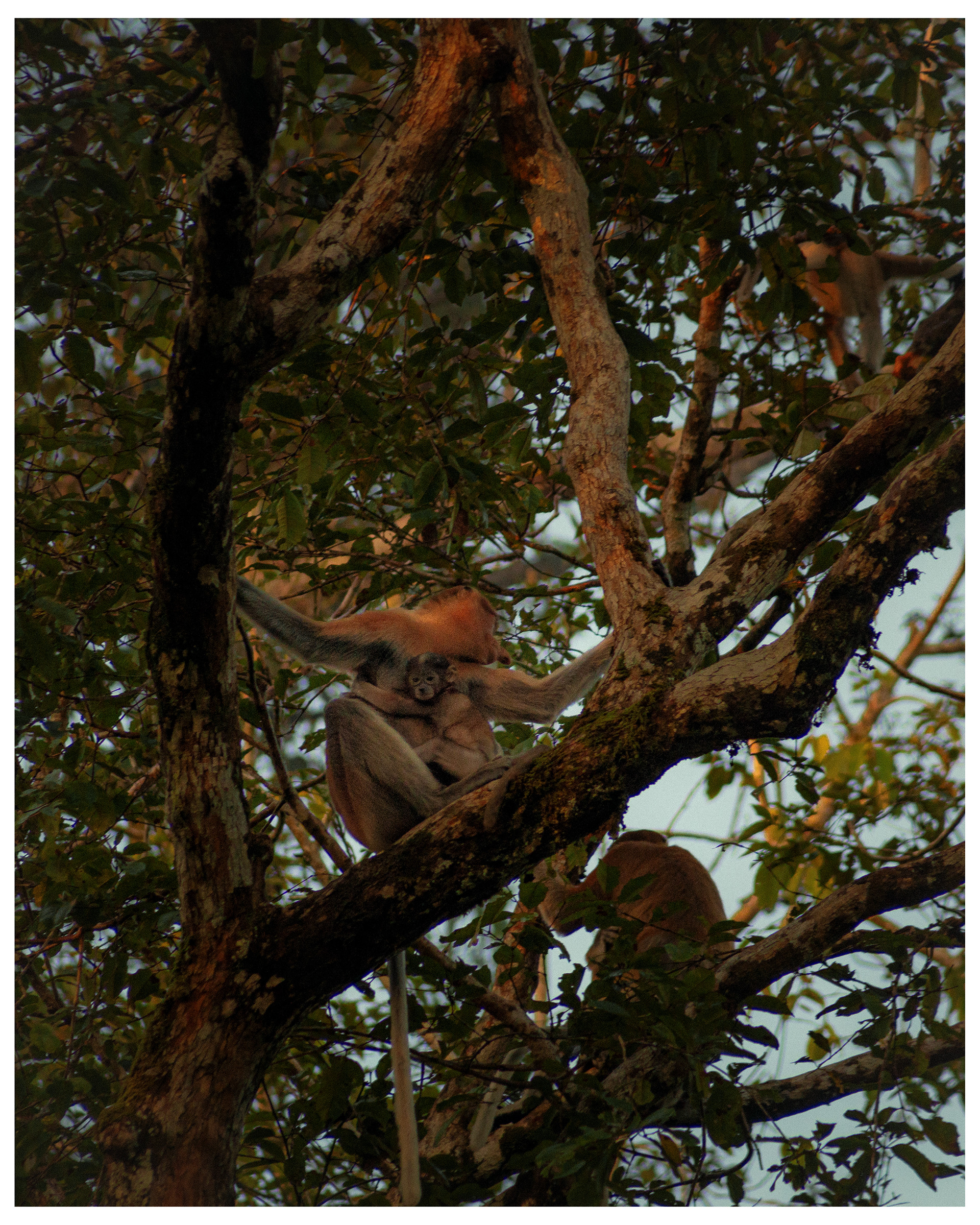
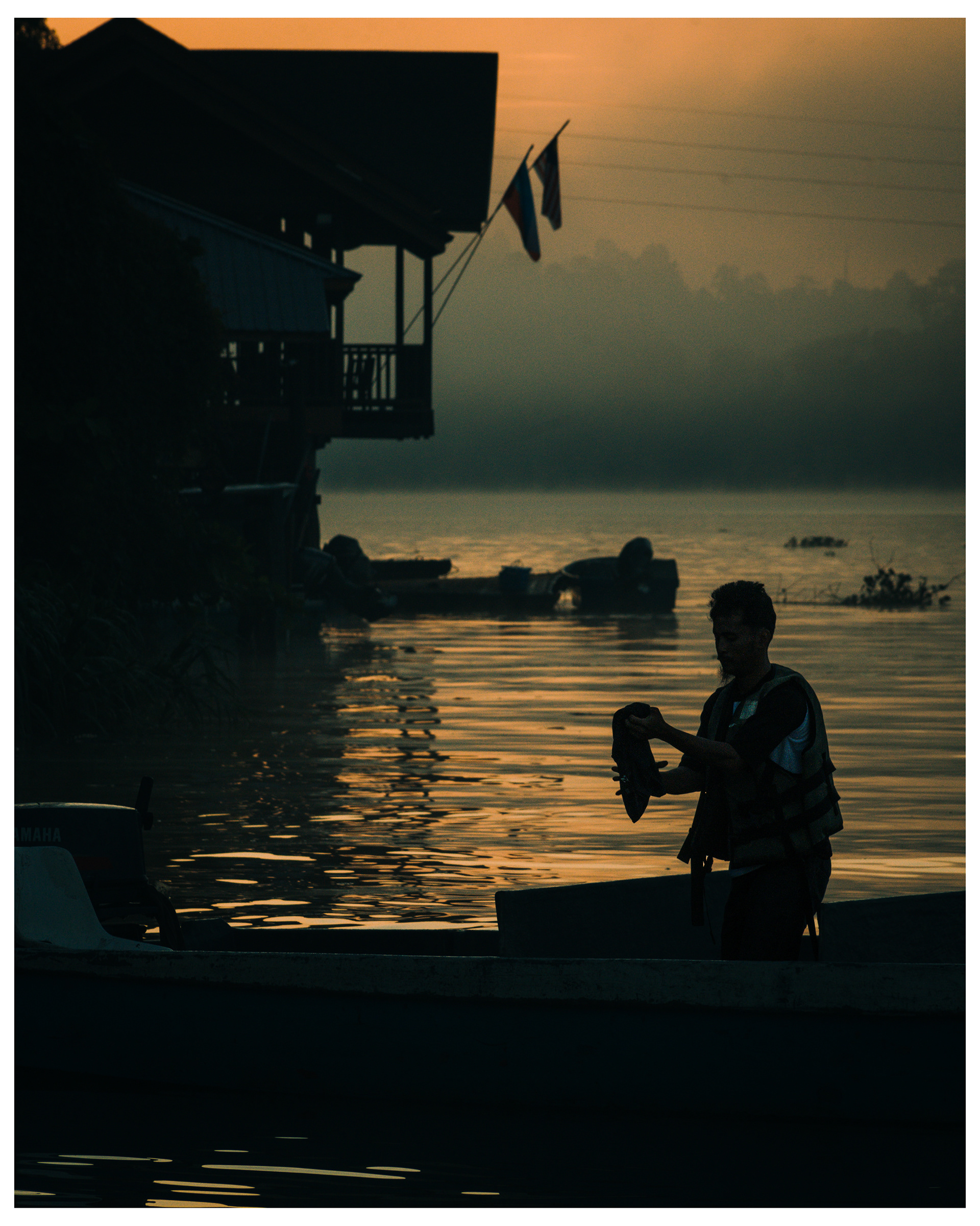
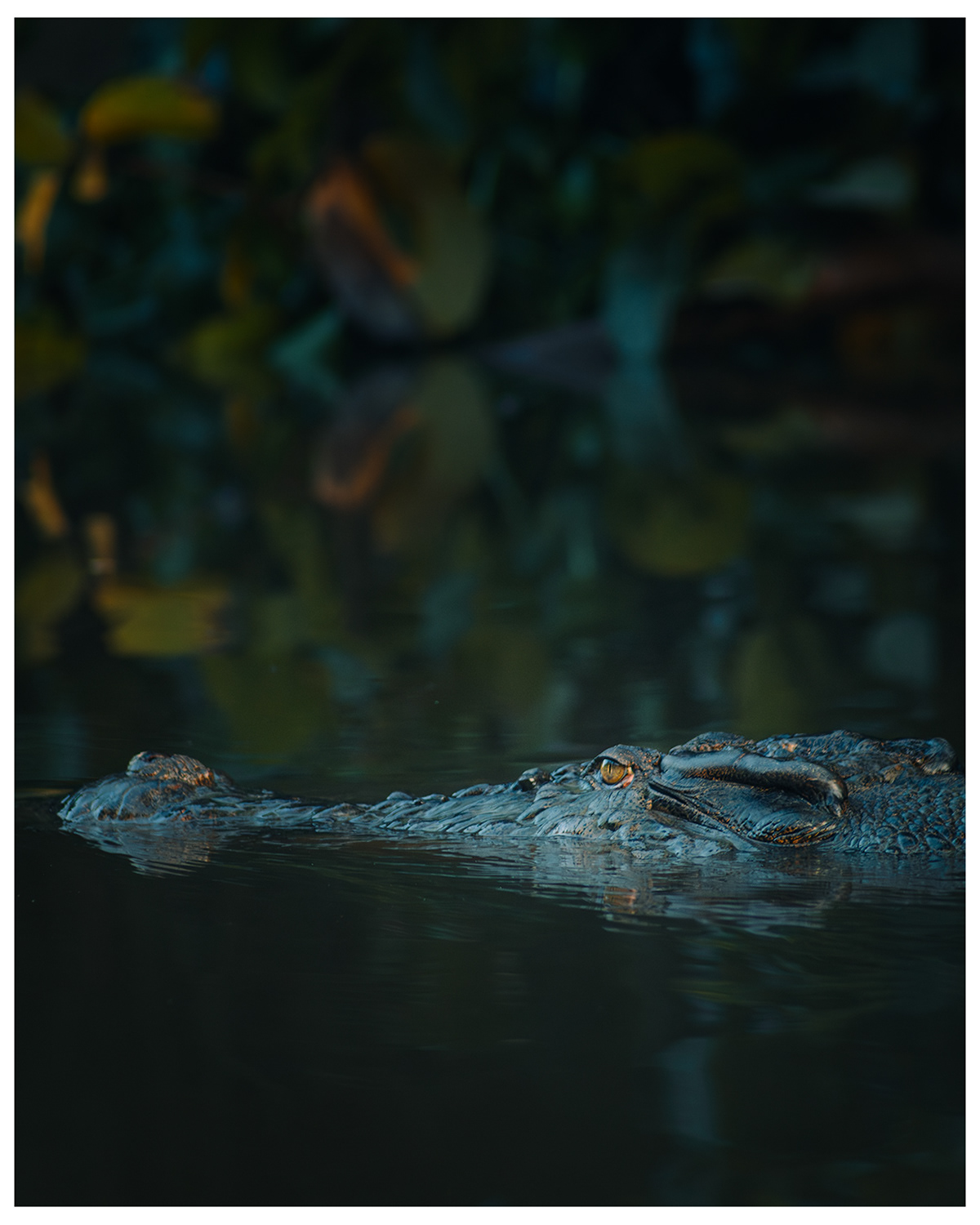

I had a plane to catch in two days, It was my very last chance to see the orangutans again.
I stopped in Sepilok one last time, just to enjoy the views and walk around the rainforest conservation center. I heard that some people saw them there, deep within the forestry area you can walk in without any more permits, but it was extremely rare. After spending all day walking around with no success, I decided to head back, defeated. I had almost reached the entrance when I saw a small group of tourists raising their heads and pointing at something up in the trees. There was this small family of three, eating from a group of trees really close to the limits of the jungle.
🦧 The name “orangutan” (also written orang-utan, orang utan, orangutang, and ourang-outang) is derived from the Malay words orang, meaning “person”, and hutan, meaning “forest”.
I loved this moment.
I stopped in Sepilok one last time, just to enjoy the views and walk around the rainforest conservation center. I heard that some people saw them there, deep within the forestry area you can walk in without any more permits, but it was extremely rare. After spending all day walking around with no success, I decided to head back, defeated. I had almost reached the entrance when I saw a small group of tourists raising their heads and pointing at something up in the trees. There was this small family of three, eating from a group of trees really close to the limits of the jungle.
🦧 The name “orangutan” (also written orang-utan, orang utan, orangutang, and ourang-outang) is derived from the Malay words orang, meaning “person”, and hutan, meaning “forest”.
I loved this moment.
